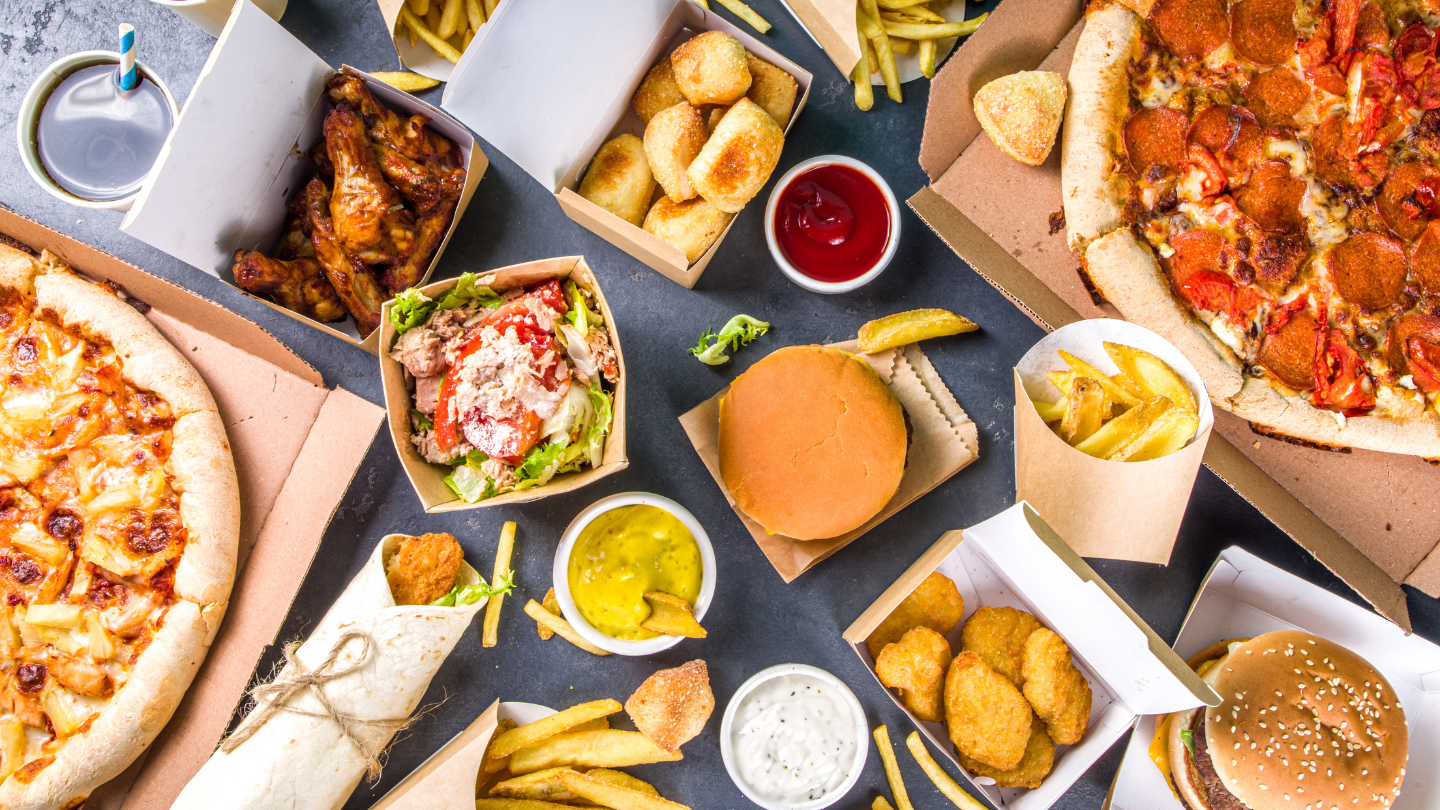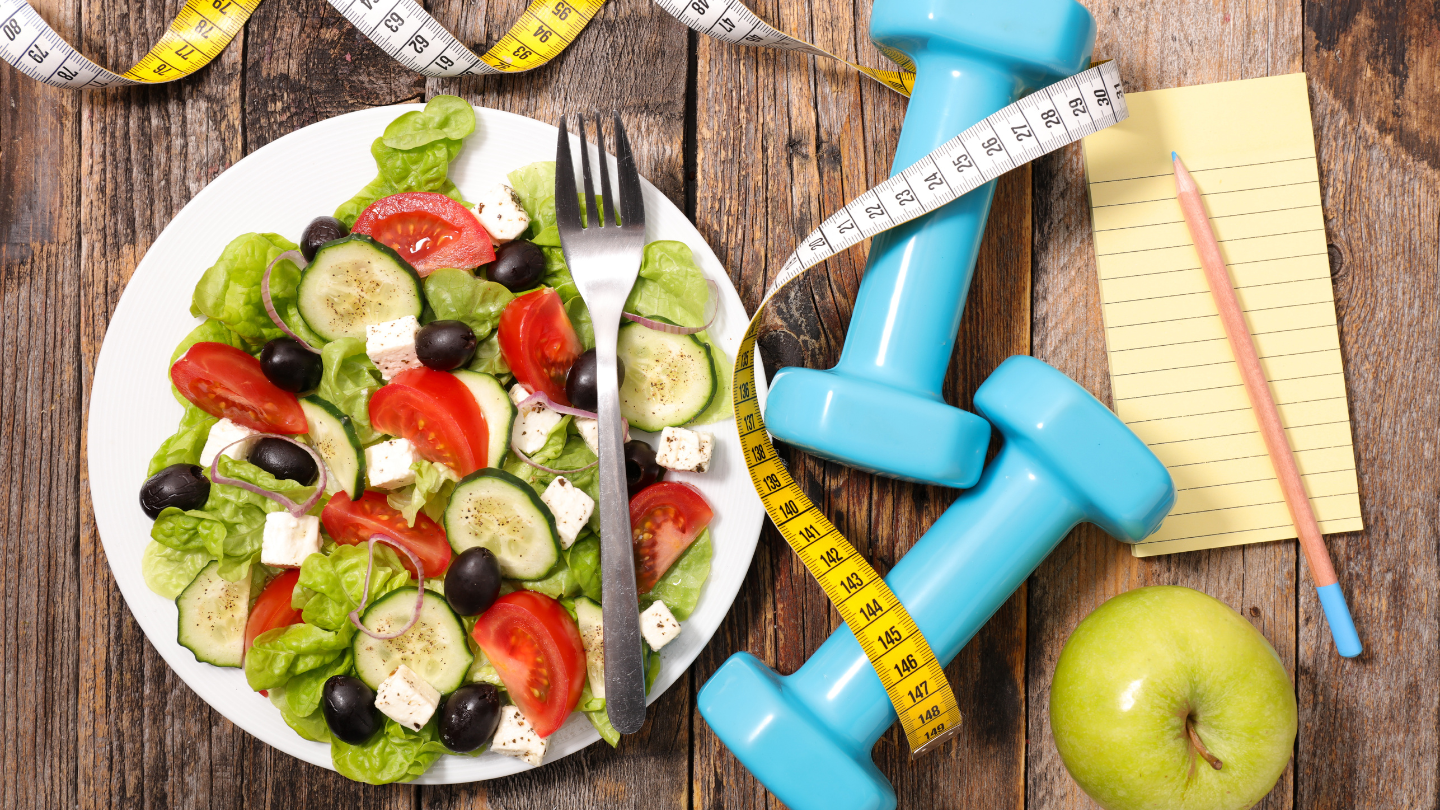
What Foods Can You Not Eat After Gastric Sleeve Surgery?
Gastric sleeve surgery significantly changes how your stomach handles food, which means the way you eat must change as well. Understanding foods to avoid after gastric sleeve is essential for healing, preventing discomfort, and supporting long-term weight-loss success. Some foods may slow down progress, irritate the stomach, or trigger symptoms like nausea, acid reflux, bloating, or stalled weight loss.
If you’re wondering what not to eat after gastric sleeve, what foods may cause problems during recovery, or even foods you can never eat after gastric sleeve, this post-surgery guide breaks everything down clearly so you can feel confident about your dietary choices.
Why Your Post-Surgery Diet Matters
After surgery, your stomach is dramatically smaller and more sensitive. What you eat affects:
- Healing time
- Digestion and nutrient absorption
- Risk of reflux
- Weight-loss progression
- Long-term dietary habits
If you’re just beginning your recovery journey, resources that outline the diet after gastric sleeve surgery can help clarify transition phases and expectations. These guidelines are especially helpful for understanding early-stage meal choices and how to protect your stomach as it heals.
Foods to Avoid After Gastric Sleeve

While every patient’s tolerance is slightly different, these are the most common gastric sleeve foods to avoid—especially within the first several months.
1. Carbonated Beverages
Carbonated drinks, including soda, sparkling water, and energy drinks, can introduce gas into the stomach and lead to painful bloating or reflux. Many patients ask, “What can you never eat again after a ”, and while carbonation may not be permanently off-limits, it is one of the strictest early eliminations.
Carbonation can also aggravate symptoms for individuals already dealing with reflux. Understanding what foods trigger acid reflux can help you avoid choices that worsen discomfort.
2. Sugary Foods and Sweetened Drinks
High-sugar foods may cause dumping symptoms, blood sugar spikes, and cravings that slow your progress. Cakes, pastries, sweetened juices, and desserts are among the top foods to avoid after gastric sleeve surgery, especially in the early post-op phase.
3. Fried and Greasy Foods
Greasy foods—such as fried chicken, burgers, or fast food—can overwhelm the stomach. These foods digest slowly and may cause nausea or abdominal pain. As your digestive system adjusts, staying away from these choices helps protect long-term progress.
4. Tough and Red Meats
Beef, lamb, and pork can be challenging to digest after surgery. Because the stomach no longer breaks down fibrous foods as efficiently, these meats can leave you feeling overly full or cause digestive discomfort.
Instead, patients typically start with ground meats, flaky fish, tender poultry, and soft protein sources. A gradual progression helps you learn what your stomach tolerates best.
5. Alcohol
Alcohol enters the bloodstream faster after surgery, may irritate the stomach, and can slow weight loss. It is one of the foods you can never eat after gastric sleeve for some patients—at least until cleared by their surgeon.
Additionally, alcohol calories add up quickly, and tolerance often shifts after bariatric procedures.
6. Refined Carbohydrates
White bread, rice, tortillas, and pasta can swell in the stomach, causing pressure and pain. They also lack nutritional value, making them among the most important foods to avoid after gastric sleeve when focusing on nutrient-dense eating.
Patients who struggle with cravings or fluctuating hunger may benefit from learning about what causes weight gain after gastric sleeve surgery, especially if refined carbs re-enter the diet too soon.
7. Hard, Crunchy Snacks
Chips, crackers, nuts, and popcorn are difficult to digest and may irritate the staple line early on. Popcorn, in particular, is one of the foods you can never eat after gastric sleeve during the early phase due to its sharp edges and ability to cause blockages.
8. Dairy (for some patients)
Not everyone becomes sensitive to dairy after gastric sleeve surgery, but many experience temporary or long-term intolerance. Pay attention to symptoms such as bloating, gas, or nausea when reintroducing dairy products.
9. High-Sodium Processed Foods
Canned soups, deli meats, instant noodles, and packaged meals often contain excessive sodium, which can lead to fluid retention and stomach irritation. These foods also hinder healthy post-surgery nutrition, making them important gastric sleeve foods to avoid.
10. Caffeinated Drinks (Coffee, Energy Drinks, Strong Teas)
Caffeine can irritate the stomach lining and worsen acid reflux. Many patients introduce coffee later during recovery—and only once cleared by their care team. If coffee is a regular part of your daily routine, exploring how caffeine affects the stomach after surgery can be helpful. Learning more about coffee after gastric sleeve surgery can guide your reintroduction timeline safely.
How to Approach Your Post-Surgery Diet

Your diet will progress in phases—liquids, purées, soft foods, and eventually solids. Throughout each step, hydration and balanced nutrition remain essential. For ongoing support, many patients rely on structured guidance, such as the living life after weight-loss surgery guide, to stay consistent with healthy changes.
Your surgeon or dietitian may also recommend avoiding certain foods long-term to maintain weight loss and prevent complications. Reviewing educational content on foods to avoid after bariatric surgery can offer additional clarity as you adjust to new eating habits.
Tips for Long-Term Success
- Eat slowly and chew thoroughly
- Focus on lean protein first
- Choose nutrient-dense foods
- Avoid drinking with meals
- Track food tolerance as your stomach adapts
- Continue follow-up appointments
- Plan meals ahead of time
- Limit foods that trigger reflux or discomfort
Moving Forward With Confidence in Your Post-Sleeve Journey
Understanding which foods to avoid after gastric sleeve surgery in Maryland can make an incredible difference in your comfort, healing, and long-term results. By choosing nutrient-dense options, avoiding foods that strain your stomach, and developing sustainable new habits, you’re setting yourself up for healthier digestion and steady weight-loss progress. Every choice you make supports your recovery and helps you build a strong foundation for lifelong wellness.
At Ascension Saint Agnes Bariatric Surgery, we are committed to supporting you through every stage of your post-surgery journey. Our experienced team helps patients make informed decisions about bariatric options—including Roux-en-Y and bariatric revision surgery—while providing tailored nutrition, lifestyle, and follow-up guidance for lasting success. Visit us to explore personalized care, learn more about your surgical options, and discover how our specialists can help you achieve long-term weight-loss goals.
FAQs
What foods can you never eat again after gastric sleeve?
Some patients permanently avoid carbonated drinks, high-sugar desserts, and tough meats, depending on tolerance and long-term symptoms.
Are spicy foods allowed after gastric sleeve surgery?
Spicy foods may cause irritation early on but can be tolerated later for some patients.
Can I eat bread after gastric sleeve surgery?
Bread can expand in the stomach and cause discomfort; many patients reintroduce it cautiously.
Why do certain foods cause pain after surgery?
The smaller stomach volume and changes in digestion make some foods difficult to tolerate.
Will my food tolerance improve over time?
Yes—most patients see increased tolerance as healing progresses, though some restrictions remain.